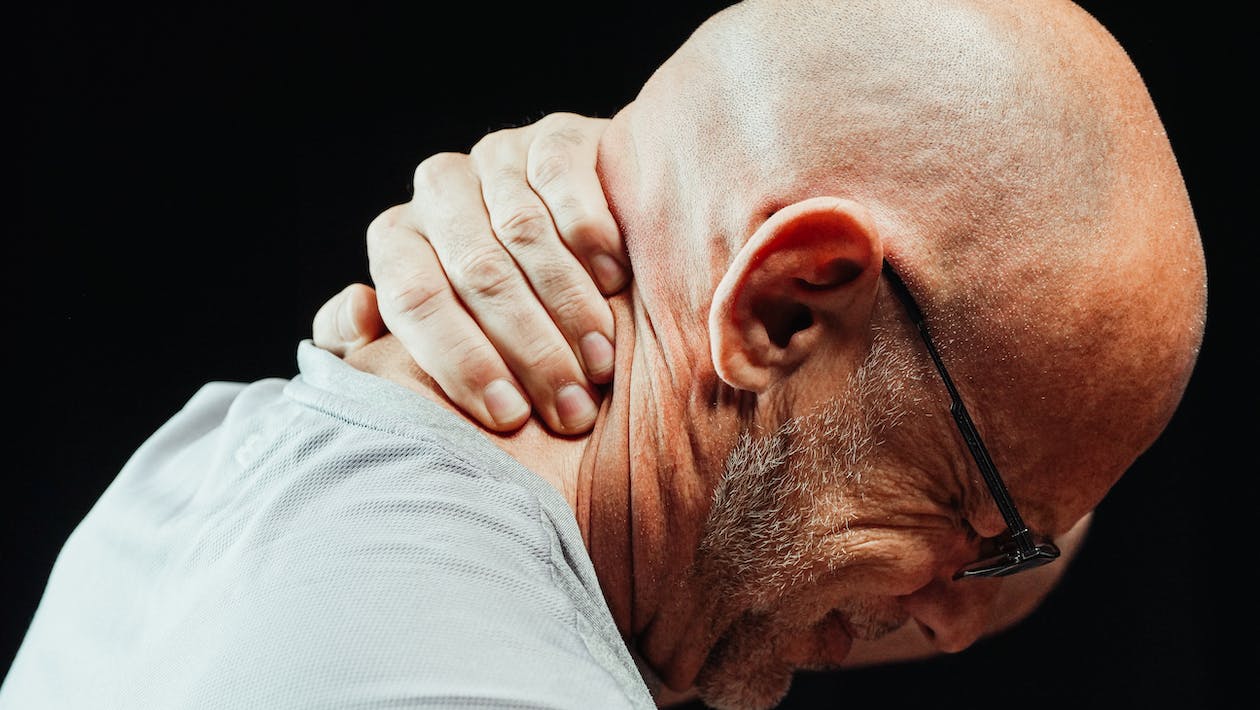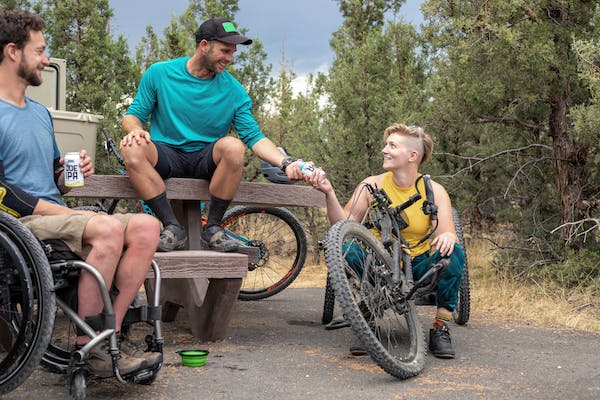
Being honest about the true effects of chronic pain
Having lived with chronic pain for much of my life, I’m someone who tends to “just get on with life as best I can” but I struggle to get the balance right when perhaps I should stop and look after myself?! Why do I not know when to stop? Why do I need someone else to tell me when to rest and when it’s ok to prioritise self care?
Pain is a continuum, those of us in chronic pain push ourselves every single day. We can’t stop every time we’re in pain or we’d never get anything done. So how do we know when enough is enough? If I’m suffering 8/10 pain I continue but what if it’s 9/10 pain? What if my pain is causing brain fog that makes it hard to concentrate? But what if I can concentrate fairly well just not as well as usual? But then, what if I tell you, the work I do involves safeguarding people’s lives?

Often, chronic pain isn’t a signal that there’s something physically wrong with the body; it’s the alert system continuing to signal pain even when an injury is no longer present. It can be confusing to live with chronic pain; some people live with pathological conditions such as arthritis that require a balance of rest and exercise alongside the chronic (over-reactive) system. There are no simple answers about management.
On multiple occasions on top of my usual conditions I’ve suffered an additional insult. This has lead to further pain, discomfort, stiffness and additional problems but something inside me has told me I’m not allowed to rest, take time out, recover and take proper care of myself. I’m not unusual, here are are just a few additional issues people with chronic pain live with:
Fear of not being believed
Pain is something you can’t see. There’s no bruising, no swelling and no-one can see that anything is wrong. I’ve had numerous experiences with medical professionals who’ve told me, in effect, “nothing’s wrong”, even when there’re x-ray or CT changes, I’ve been told they’re “normal” or there’s “age related degeneration”. I’ve even been told “you’re probably someone who feels these changes more sensitively than the average person…”. Being treated in this way feels invalidating. So when I experience an additional insult that flairs my pain, I’m reluctant to trust medical professionals to believe the extraordinary pain I’m in.
Guilt for letting people down
Even when I’m experiencing high levels of pain, I can force myself to continue working; it’s mind over matter to keep going. I hate letting my work colleagues down so I go to work, I force myself to ignore the signals my body is giving me because I know what it’s like having to cover for gaps in service.
Shame for not being enough

Having a chronic illness seems to inherently carry with it a burden of shame. “There’s something wrong with me and I’m not measuring up to societies expectations of good enough”. I push my body as hard as I can and I end up feeling disappointed anyway. It doesn’t matter how much people tell me I am good enough, it feels as though they don’t really understand the psychological battle that rages within.
In today’s society, preference is shown for certain images of capability and success. Adhering to gender stereotypes, producing 2.4 children, climbing the property and career ladders. Self acceptance is hard if you fall outside those norms. Is anything else good enough?
Worry I won’t recover
Every time my body receives an additional insult, it gets harder and harder to recover. I’m terrified that if I don’t do the right things, I won’t be able to get back to to the things I love (yoga, walking etc). Having been in a car accident recently I was reluctant to even claim for injuries because (even though I was the victim) it wasn’t the other person’s fault that they’d had an accident with someone who has chronic conditions. Everyone makes mistakes and it was just that, a simple accident and yet I’ve been left in agony well beyond what the average person would feel.
It’s been hard to explain to each assessor, “I was managing my conditions ok but this isn’t just simple whiplash, I’m having a major flare up of serious pain conditions”.
I’m grateful for any treatment I receive but my baseline isn’t zero so how do I measure when I’m back to my baseline?! My baseline fluctuates anyway. It’s often a case of having to be grateful for the 8-10 sessions (of physio/injections etc) and just agreeing that there’s been some improvement so that’s the best I’m going to get. I’m not interested in a pity party but this is the reality for people who live with chronic conditions.
So what’s the answer?
Be honest about how hard it is!

Be honest about the guilt we feel but let it go—having a chronic health condition is no one’s fault, how we deal with it and manage our feelings is the only thing we can choose.
Known who you can trust and let them support you. There’s no simple answer about how to manage chronic pain but surrounding yourself with people who know you and care for you (even when you’re struggling to know what’s best for yourself) is important.
Self compassion—when all else fails and you have no idea where to turn, you’ve already shown incredible strength to get to where you are. You do have the strength but you need to show yourself some compassion so that you can live without pain ruling your life!




